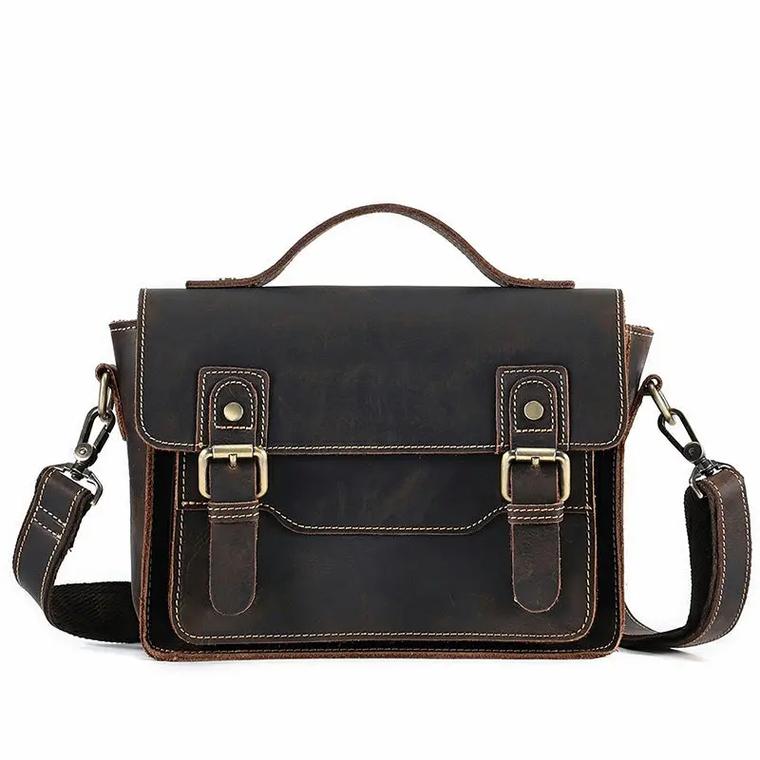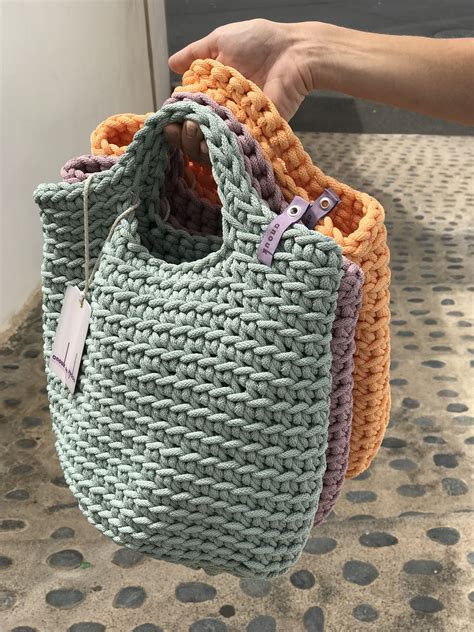muritzio gucci | Maurizio Gucci worth death
$283.00
In stock
The name Maurizio Gucci evokes images of high fashion, Italian luxury, and a dynasty built on leather and silk. But behind the glamorous facade lies a story of ambition, betrayal, and ultimately, a shocking tragedy that ended the life of the last Gucci family member to head the iconic fashion house. On March 27, 1995, at 8:30 a.m., Maurizio Gucci's life was brutally cut short on the steps of his Milan office, leaving a void in the fashion world and a legacy forever stained by violence. This article delves into the life and death of Maurizio Gucci, exploring his rise to power, his personal relationships, the circumstances surrounding his assassination, and the enduring questions that continue to surround his name.
The Death of an Icon: Maurizio Gucci's Death Scene
The morning of March 27, 1995, began like any other for Maurizio Gucci. He arrived at his office building on Via Palestro 20 in Milan, a street lined with elegant buildings and bustling with the energy of the city. As he approached the entrance, a gunman emerged from the shadows. Without warning, three bullets ripped through Maurizio's back. As he crumpled to the ground, the assailant fired a final shot into his head, ensuring his demise. The meticulously planned execution was swift and brutal, leaving a trail of shock and disbelief in its wake.
The doorman, Giuseppe Onorato, was the sole witness to the horrific event. He later provided crucial testimony to the police, describing the shooter and helping to build a case against those involved. Onorato's account painted a chilling picture of a calculated act of violence, devoid of remorse or hesitation. The image of Maurizio Gucci, the heir to a fashion empire, lying lifeless on the steps of his office, sent shockwaves throughout Italy and the international fashion community.
The immediate aftermath was chaotic. Police swarmed the scene, cordoning off the area and launching an investigation that would grip the world for years to come. Speculation ran rampant, with theories ranging from business rivals seeking to eliminate competition to disgruntled employees seeking revenge. The media frenzy was intense, fueled by the glamour and intrigue surrounding the Gucci family and the sheer audacity of the crime.
Maurizio Gucci: Cause of Death and the Investigation
Maurizio Gucci's cause of death was undeniably homicide, the result of multiple gunshot wounds inflicted by an assassin. The investigation that followed was complex and initially frustrating for law enforcement. Despite the presence of a witness, the gunman had vanished without a trace, leaving behind no immediate clues to his identity or motive.
The investigation eventually focused on Maurizio Gucci's ex-wife, Patrizia Reggiani. While initially considered just one of many possible leads, Reggiani's flamboyant personality, her public animosity towards Maurizio, and her well-documented resentment over the divorce and his subsequent relationship, made her a prime suspect. Her extravagant spending habits and the fact that she had reportedly complained about being unable to maintain her lavish lifestyle after the divorce further fueled suspicions.
After nearly two years of investigation, the police received an anonymous tip that ultimately cracked the case. The tip led them to Ivano Savioni, a debt-ridden hotel porter who had acted as an intermediary in the plot. Savioni, in turn, implicated Benedetto Ceraulo, a pizzeria owner with a history of violence, as the actual gunman. The investigation revealed that Reggiani had hired Savioni to find someone to kill Maurizio, offering him a substantial sum of money for his services. Savioni then enlisted Ceraulo and Orazio Cicala, a getaway driver, to carry out the assassination.
The trial that followed was a media spectacle, with Reggiani becoming known as the "Black Widow." The prosecution presented compelling evidence, including wiretapped conversations in which Reggiani discussed her desire for Maurizio's death and her satisfaction after the deed was done. In 1998, Patrizia Reggiani was convicted of orchestrating the murder of Maurizio Gucci and sentenced to 29 years in prison. The other conspirators, including Savioni, Ceraulo, and Cicala, were also convicted and sentenced to varying prison terms.
Maurizio Gucci: A Life of Luxury, Ambition, and Turmoil
To understand the circumstances surrounding Maurizio Gucci's death, it's essential to understand his life and the dynamics of the Gucci family. Born in Florence, Italy, on September 26, 1948, Maurizio was the grandson of Guccio Gucci, the founder of the Gucci fashion house. He grew up immersed in the world of luxury and privilege, surrounded by the opulence and craftsmanship that defined the Gucci brand.
Maurizio's early life was marked by the infighting and power struggles that plagued the Gucci family. The company was divided among Guccio's sons and grandsons, leading to constant disagreements and rivalries over control and direction. Despite the internal conflicts, Maurizio displayed a keen business acumen and a passion for the family business.
In the 1980s, Maurizio took control of Gucci, becoming the chairman and CEO. He embarked on an ambitious plan to revitalize the brand, which had suffered from overexposure and a decline in quality. He focused on restoring Gucci's image as a luxury brand, closing down discount stores and investing in high-quality materials and craftsmanship.
However, Maurizio's leadership was also marked by controversial decisions and financial missteps. He invested heavily in new ventures, some of which proved to be unsuccessful. He also faced pressure from other family members who disagreed with his strategies. As Gucci struggled financially, Maurizio found himself increasingly isolated and vulnerable.
Additional information
| Dimensions | 7.7 × 2.9 × 3.8 in |
|---|









